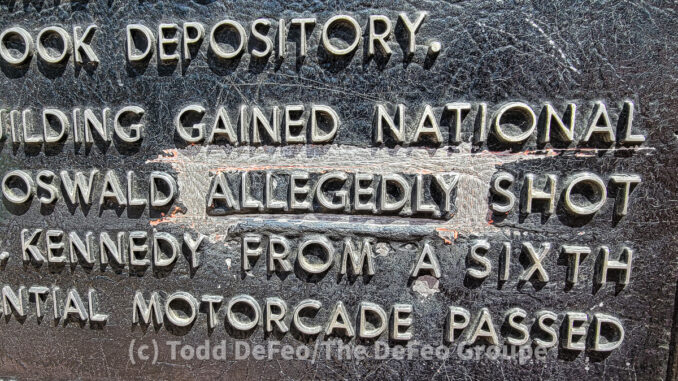
Speculation was rampant when a passenger train crashed at Budds Creek in Montgomery County, Tennessee, in July 1869.
Newspapers were quick to print theories about what might have happened. One hundred fifty years later, in assessing the wreck, it’s pretty clear that many, if not most or even all newspapers pushing theories, had no idea what was happening.
However, it didn’t stop them from going to press with the news they saw fit to print. They just needed a good headline.
As always, bad news is good for business. Hence, cable news.
I’ve researched, written about, and given many presentations on death. For whatever reason, people love presentations that highlight rail disasters and the stories behind them.
To me, there’s something noble about trying to remember the people whose lives were affected or whose families lost loved ones decades ago, thanks to no fault of their own. It’s why these stories are central to the talks I give.
Something in the human condition makes us want to focus on the macabre. It’s why we rubberneck on the interstate when there’s a wreck.
The problem with news today is that the cycle moves so fast. The 24/7 news cycle needs a lot of content to fill the airwaves. That leads to much speculation, and you never go back to assess whether that speculation was even remotely accurate.
I was chatting with an acquaintance the morning after a commercial airline flight crashed in the nation’s capital. I told him, “I hope, as part of this investigation, we don’t just throw around a bunch of speculation but actually work to find out what happened.” (Or words to that effect.)
We should. We should know what went wrong. We should ask tough questions; we should not be afraid of the answers. We should seek the truth, no matter how uncomfortable it may be.
That requires thoughtful media coverage, which hasn’t always been a guarantee as of late.
There is no shortage of speculation on social media, but is that helpful in arriving at the truth?
Was it a lack of staffing, incompetence or a combination? We’ll know soon, but will everyone accept it?
The real tragedy of any disaster, as I’ve learned with the countless rail mishaps I’ve researched and given presentations about, is that we move far too quickly. The biggest disservice we can do to the victims of any calamity is to forget who they are and use their deaths to score points, whether it’s political points or on social media.
If we want to truly honor their legacy, we should understand what went wrong and work to fix it so that no one suffers the same fate again. The burden is on us to ensure that happens.


